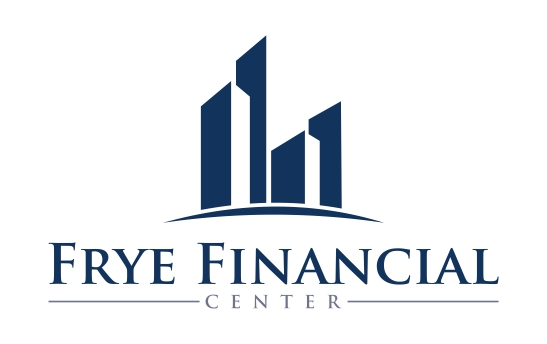Setting Up A Solo 401(k)?
There Are REAL Benefits To Establishing It Before 12/31/21!
The Setting Every Community Up for Retirement Enhancement (SECURE) Act delayed the deadline for establishing a qualified retirement plan for a particular tax year. Businesses now have until their tax return due date, plus extensions, to adopt a plan. Nonetheless, generally speaking, the delay only applies to the ability to make employer contributions (e.g., a profit-sharing contribution) for the prior year – NOT employee salary deferrals – thereby limiting its benefit to the business owner.
Under the new plan establishment rules, if your client waits until sometime in 2022 before his/her extended tax filing deadline for 2021 (i.e. October 15, 2022), to establish a solo 401(k) for 2021, s/he would NOT be permitted to make employee salary deferrals for 2021. This could reduce his/her deduction depending on his/her age and earned income/wages.
Regulations state that In all cases, a salary deferral election must be made prior to the receipt of compensation [Treasury Regulation (Treas. Reg.) 1.401(k)-1(a)(3)]. Pursuant to Treas. Reg. 401(k)-1(a)(6)(iii), for self-employed individuals (i.e., sole proprietors and partners), compensation is considered paid on the last day of the business owner’s taxable year (e.g., December 31, 2021 for 2021). Therefore, a self-employed person has until the end of his or her taxable year to execute a salary deferral election for “the plan.” Conservatively, that means the plan would have to be in place by December 31, 2021, as well to allow for the sole proprietor to make the salary deferral election.
Setting up the plan now, rather than waiting for sometime in 2022 before your client’s extended tax filing deadline for 2021, is significantly beneficial for your client. Please reach out to us if you would like help in setting up this or any other plan to maximize your clients’ retirement planning contributions and tax savings.


